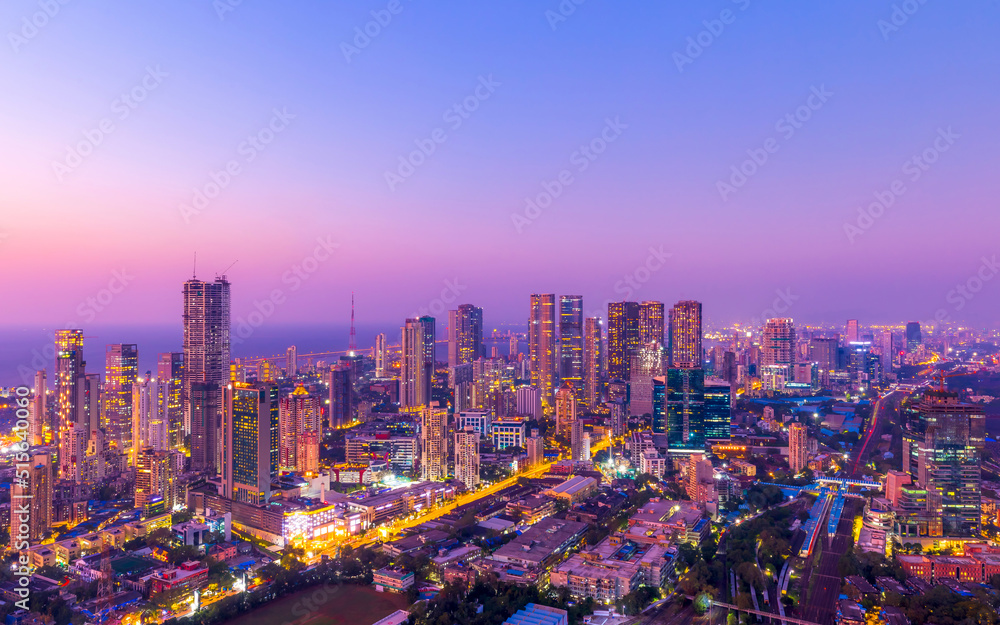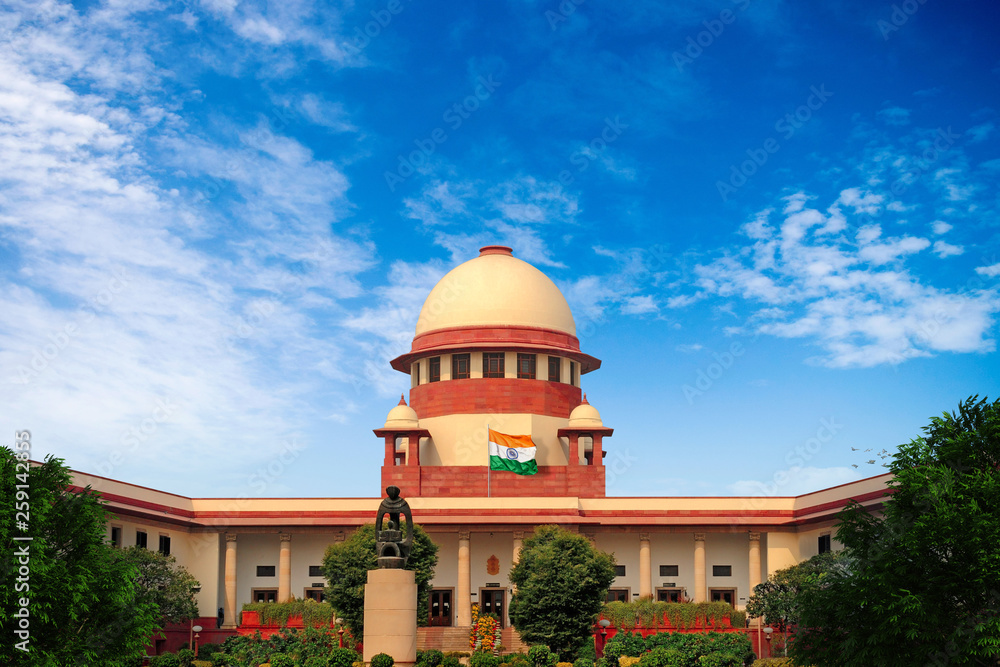India has always had a complicated relationship with gambling. While traditional forms of betting like card games and lotteries have existed for hundreds of years, modern-day gambling in casinos and online platforms has sparked legal, cultural, and moral debates across the country. In 2025, the rules related to gambling and casino operations in India remain a mixture of central and state-level decisions. This article aims to provide a detailed and updated list of legal casinos in different Indian states and also explain the present rules and policies regarding gambling in India. The focus is to help readers understand where they can gamble legally, what restrictions exist, and what they need to be careful about.

Overview of Gambling Laws in India (As of 2025)
Gambling in India is mostly governed by the Public Gambling Act of 1867, a colonial-era law that prohibits running or visiting gambling houses. However, the central government has allowed individual states to make their own decisions regarding gambling activities within their borders. Because of this, the laws are not the same everywhere. Some states allow casinos and online gambling, while others have a complete ban. Skill-based games like rummy, poker, and fantasy sports are treated differently from games of pure chance like roulette or slot machines. In simple terms, if a game depends mostly on luck, it is usually illegal. But if it requires skill, some courts have allowed it. Still, what counts as “skill” is also under debate in some courts, and the legal scene is always changing.
The Information Technology Act, 2000, governs online gambling, but it does not clearly talk about online casinos. This lack of clarity has led to confusion. Some states like Tamil Nadu and Telangana have banned all forms of online gambling, while others like Sikkim and Nagaland have given licenses for online betting. As of 2025, the central government has not passed any unified law for online gambling. However, discussions are ongoing about bringing in a new national-level law to regulate online gaming and betting apps.

Goa: India’s Top Casino Destination
Goa is the most well-known state in India when it comes to casinos. The state allows both onshore (land-based) and offshore (ship-based) casinos. The legal gambling industry in Goa is regulated under the Goa, Daman and Diu Public Gambling Act, 1976, which was later amended to allow casinos in five-star hotels and riverboats. These casinos offer live table games like blackjack, baccarat, poker, and roulette. The offshore casinos are anchored in the Mandovi River and attract both domestic and foreign tourists.
Major Casinos in Goa (2025):
- Deltin Royale (offshore): One of the largest and most luxurious casinos in India, located on a ship in the Mandovi River.
- Deltin Jaqk (offshore): A slightly smaller version of Deltin Royale with similar games.
- Casino Pride (offshore): Known for a local-friendly crowd and a range of games.
- Big Daddy Casino (offshore): A newer casino with modern interiors and international games.
- Casino Strike (onshore): Located in the Grand Hyatt Hotel, caters mainly to high-end clients.
- Deltin Zuri and Deltin Suites Casino: Onshore casinos located inside 5-star hotels.
Gambling is legal in Goa only for people above 21 years of age. Locals are restricted from entering offshore casinos unless they are working there. Entry fees are applicable and usually include playing chips and buffet access.
Sikkim: The Pioneer in Online and Land Casinos
Sikkim is one of the first Indian states to recognize the economic potential of gambling. It allows both physical and online casinos under the Sikkim Casino (Control & Tax) Act, 2002 and the Sikkim Online Gaming (Regulation) Act, 2008. This small Himalayan state has used its gambling laws to generate tourism and government revenue. It has fewer physical casinos compared to Goa, but its regulation of online platforms sets it apart.
Major Casinos in Sikkim (2025):
- Casino Mahjong: Located inside Mayfair Spa Resort in Gangtok, it is the most popular casino in the state with slot machines, roulette, and poker tables.
- Casino Sikkim: Located in Hotel Royal Plaza in Gangtok, this was one of the first legal casinos in India.
Sikkim also gave licenses to a few online gambling operators, but most of them moved operations offshore due to legal pressure from the central government and new rules in 2024 that made operating pan-India platforms from one state harder. Still, Sikkim remains an important name in India’s gambling map.
Daman: An Emerging Gambling Destination
Daman, a Union Territory, has also stepped into the gambling scene by legalizing casinos under the Goa, Daman and Diu Public Gambling Act. The city has fewer casinos than Goa, but it’s slowly becoming popular due to its proximity to Mumbai and Gujarat, where gambling is not legal.
Major Casino in Daman (2025):
- Deltin Daman Casino: Located inside The Deltin Hotel, this is one of the largest integrated resorts in India. It offers electronic gaming machines, poker, and roulette. Plans for live table games have been delayed due to licensing issues, but the government has shown interest in expanding operations.
Daman is targeting tourists from Maharashtra and Gujarat who want a legal gambling experience without going too far. The development of casinos here is also expected to boost employment and hotel occupancy in the region.
Meghalaya: New Player in Legal Gambling
In 2021, the Meghalaya government passed the Meghalaya Regulation of Gaming Act, which allowed legal gambling and betting, including online games. The state sees gambling as a way to earn revenue and attract tourism, especially from neighbouring states. In 2025, while there are no large-scale casinos like in Goa or Sikkim, Meghalaya has issued multiple licenses to online gaming operators.
The government has also started work on setting up physical casinos, but public resistance and cultural concerns have slowed down the process. Still, Meghalaya is seen as a progressive state when it comes to legalizing and regulating gaming activities. The government has set up a Gaming Commission to monitor and license operators.
Nagaland: Focus on Online Skill Games
Nagaland has taken a different path. Under the Nagaland Prohibition of Gambling and Promotion and Regulation of Online Games of Skill Act, 2016, the state does not allow chance-based gambling, but it does regulate online games that require skill. These include games like rummy, poker, fantasy cricket, and bridge. Operators who are registered in Nagaland can offer services to people across India, but they must show that the game is based on skill.
This law was a breakthrough for India’s online gaming sector. Companies started taking licenses from Nagaland to operate legally across India. However, due to newer state-level bans in Tamil Nadu, Andhra Pradesh, and Telangana, many operators faced restrictions. Still, Nagaland remains one of the few Indian states that offers a structured legal framework for online gaming businesses.
States with Strict Bans on Gambling
While some states have opened up to casinos and online gaming, many states have kept a strict ban on all forms of gambling, both physical and online. This is mostly due to social concerns, religious opposition, and fears of addiction.
States with strict gambling bans in 2025:
- Maharashtra: Allows lottery but bans casinos and betting games. There are cases pending in courts about online gambling apps.
- Tamil Nadu: Recently re-banned all online gambling and fantasy sports apps after multiple suicides related to gambling losses.
- Andhra Pradesh: Total ban on online rummy and poker.
- Telangana: One of the first states to ban all online gaming with stakes, including skill-based games.
- Gujarat: No casinos and strict implementation of gambling laws.
- Kerala: Lottery is allowed, but no casinos. The government has shown interest in regulating online skill games, but public opinion is divided.
These states usually rely on the Public Gambling Act, 1867, and their own state amendments to prosecute illegal gambling. Police often raid small gambling dens, and online platforms without licenses are blocked using the IT Act.
Future of Gambling in India: Trends in 2025
India is at a crossroads when it comes to gambling. On one hand, there is massive demand for legal and regulated platforms where people can play responsibly. On the other hand, there is social resistance and fear of addiction, money laundering, and fraud. In 2025, the Indian government is considering bringing all gambling-related matters under a national regulatory authority, similar to how SEBI controls the stock market. The idea is to allow legal gambling under strict rules, age limits, and financial caps. This may include a proper licensing process, regular audits, and consumer protection rules.
The online gaming market is growing fast, especially among young users, and many Indian companies are investing in apps and platforms for poker, fantasy cricket, and e-sports betting. If the government brings in a national-level law, it could make the situation more clear and safe for players, operators, and investors.
Conclusion
Gambling in India in 2025 is a mixed story. A few states like Goa, Sikkim, and Daman have embraced casinos as part of tourism and economy. States like Nagaland and Meghalaya are exploring online gaming. Meanwhile, others like Tamil Nadu and Telangana have taken a strict moral stand. The result is that gambling laws in India are still confusing and inconsistent across states. For the common man, this means that where you live decides whether you can legally gamble or not. If you want to play in a casino, your best bets are Goa, Sikkim, and Daman. If you want to play online, make sure the app or website is licensed and legal in your state. The future of gambling in India depends on whether the central government steps in with a uniform law. Until then, the situation will remain state-specific, and people should stay updated to avoid legal trouble.





